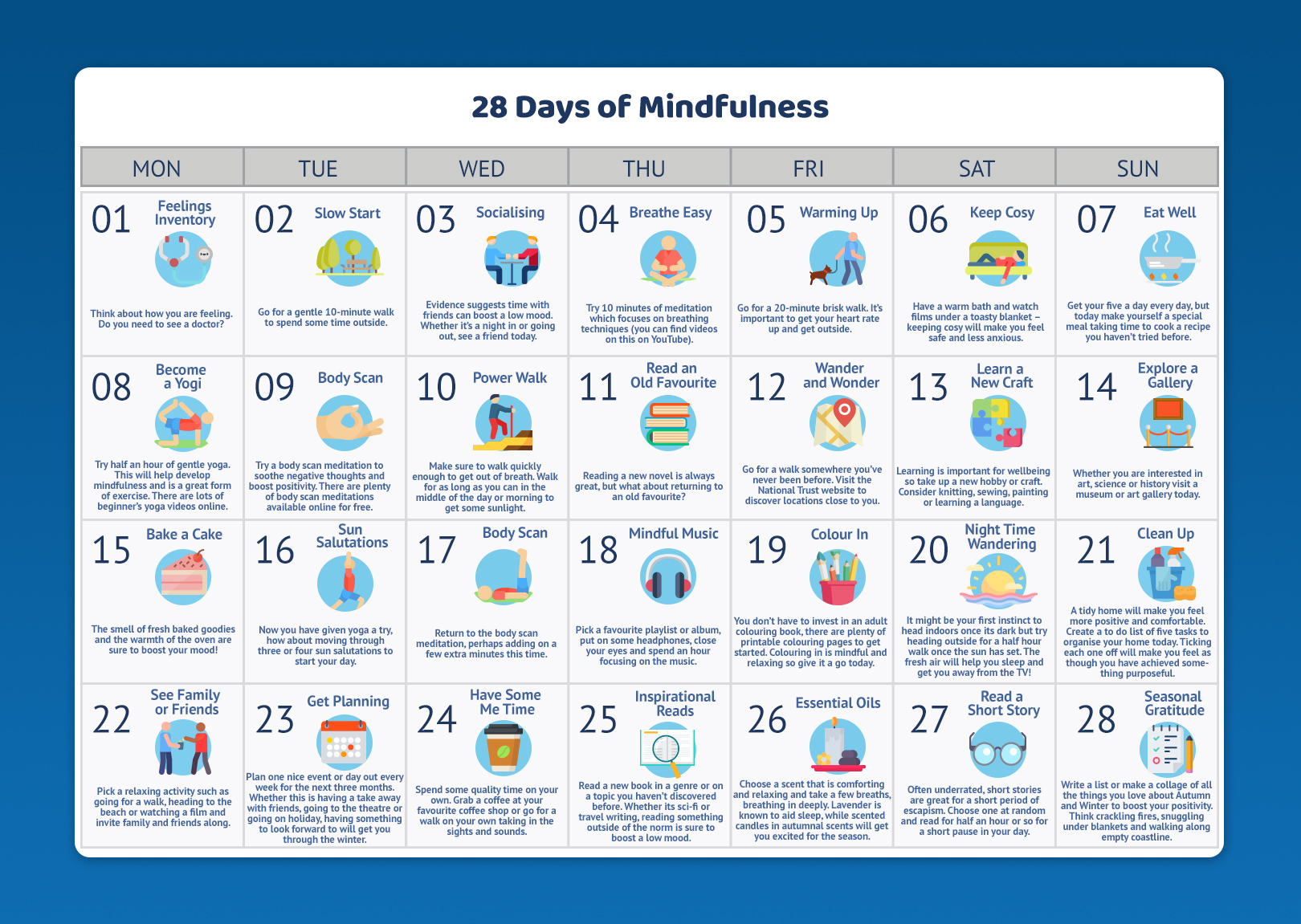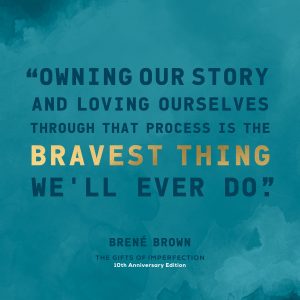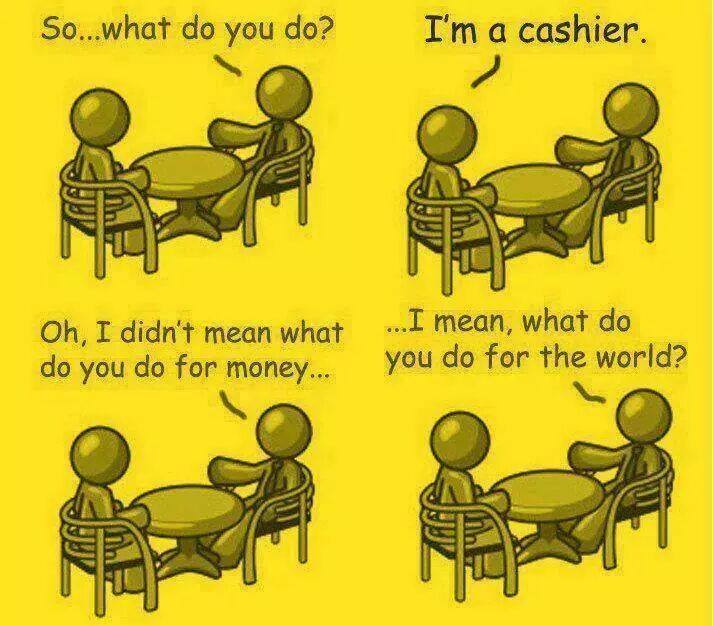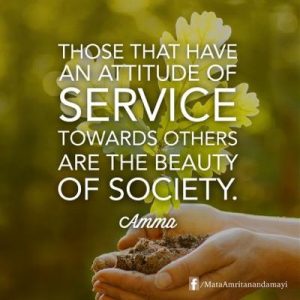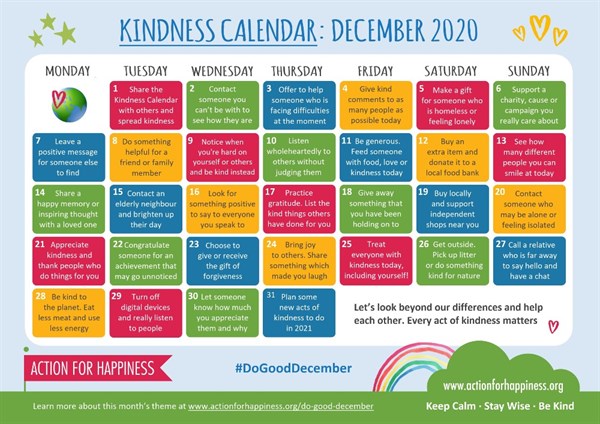
Princeton… Imagine it; a winter wonderland full of promise, joy and energy? We know winter can be hard enough on our energy and this year its even more challenging with this Pandemic. Our area has had an early start to winter- and here’s hoping we can “weather” this winter well. Think with the end in mind… who do you want to be in a few months? Coping strategies early can help us after the “magic” of Christmas fades. Good self-care; nutrition, juicing, blending, sleep, exercise, and laughter are on the top our “favorite things” to gift ourselves as we look Winter straight into her cold eyes. We agree with Sue Nador, as she writes about the advantage of Light being “life-changing” and we couldn’t agree more Sue! We are big fans of Light Boxes at the Skills Centre. Sue gives us a few hacks to beat the winter blues and we thought we’d share them with you below.
Light Therapy and 7 More Ways to Brighten Dark Winter Days
Lori Dudley remembers thinking: “I just want to leave on a one-way ticket somewhere and not come back.” At the time, the 53-year-old Ottawa-area resident was experiencing severe fatigue, moodiness and a lack of motivation. The normally driven and energetic healthcare executive eventually recognized a pattern to these symptoms. They would hit her like a ton of bricks in November and abate in the spring.
Dudley is one of the approximately 20 percent of Canadians dealing with seasonal affective disorder (SAD), a form of depression. Makoto Trotter, a naturopathic doctor in Toronto, says SAD occurs on a spectrum. “There’s a lot of people who just feel a little bit blah,” he says. But, like other forms of depression, symptoms can also be much worse.
The good news, as Dudley discovered, is that there are better options than a one-way ticket to nowhere to thrive during the dark days of winter.
1. Light is life-changing
Light therapy, in the form of light boxes and lamps, substantially benefits most users. Trotter explains that these products produce light in the same spectrum as the sun, but without ultraviolet (UV) radiation: “For some people it can be life-changing.” Dudley swears by the HappyLight she uses for 20 minutes a day, placing it at arm’s length on an angle (so she’s not staring into the light) while enjoying a book: “You start feeling lighter. No pun intended.”
2. Wake-up call
Other light products include dawn-simulator alarm clocks (also known as sunrise alarms or wake-up lights). Rather than being woken by the shrill sound of an alarm on a dark winter morning, these products rouse users gently with light that gets brighter gradually. Research shows our circadian system (the body’s internal clock) responds best to subtle light changes when we’re still asleep, stimulating an anti-depressant response.
3. Your doctor can help
There are also pharmaceutical solutions, such as anti-depressants. Some people try mood-altering natural products, like St. John’s Wort. Trotter cautions that these shouldn’t be taken without medical advice as they can interact with other medications. For one, it can interfere with SSRI antidepressants, such as Prozac.
4. A dose of vitamin D
Lack of sunlight robs us of vitamin D. Trotter says that prolonged deprivation affects bone density and our mood, and increases our risk for autoimmune disease. Canadians can be deficient in vitamin D as a consequence of living in a northern country.
5. Is your lifestyle making you listless?
Good lifestyle hygiene – diet, exercise, sleep – can also work wonders. Shots of caffeine in the morning because we feel sluggish, and alcohol at night to help us sleep, are not the answer. Trotter advises: “Limit refined carbohydrates and make sure you’re getting lots of protein.”
6. Tone down the technology
While we may stay under the covers longer when it’s dark outside, it’s important those extra minutes are good-quality sleep. Studies show that using light-emitting devices such as smartphones or tablets in bed suppresses melatonin production, robbing our brains of an important cue to sleep. (Melatonin is a hormone typically produced at night, causing drowsiness and lethargy.)
7. Release the endorphins
Dudley has embraced exercise, breaking the vicious cycle of not exercising because she lacked energy – only to feel even more tired. Now, she walks several kilometres a day with her husband, combining health benefits with quality time. “You feel better about yourself,” she says. It’s no wonder. Trotter says exercise releases endorphins, “the feel-good hormones.”
8. Get ready now
The best way to avoid SAD is to be proactive. Trotter suggests having a plan ready to go by early fall. “Don’t wait too long, because then it can be difficult to get out from under that dark cloud.” Who knows – with the right planning, we may all start to wish those dark winter months were even longer.
Thanks Sue!
***Here are few more incredible resources to support your self care: Just click on the links below:
https://www.healthline.com/health/self-care-tips-for-fall-in-quarantine#takeaway
University of Washington’s: Right as Rain
Game Changing Performance- Dark Days of Winter
With the exception of in person “socializing” for now— try to connect via, telephone, email, or video chat 🙂
